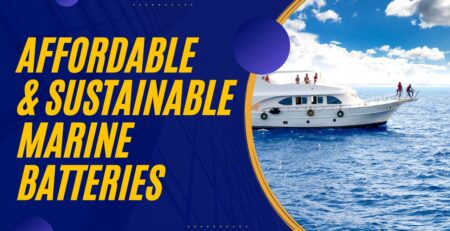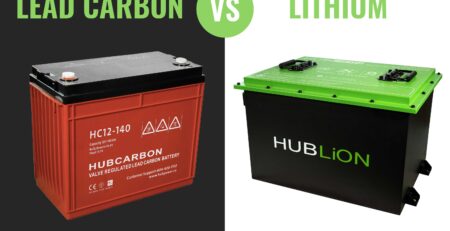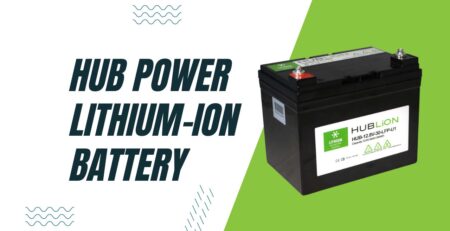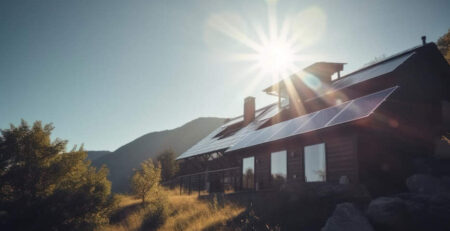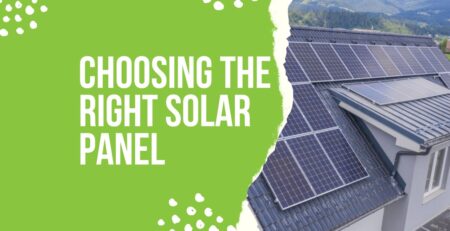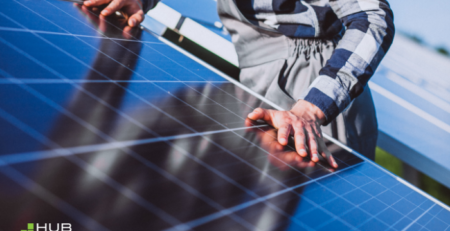Inverter/Charger Buying Guide
If you own a boat, RV or Work Truck and you are thinking about upgrading your inverter to an inverter/charger or just replacing your current inverter/charger, here are some of the key things to think about:
Consider What an Inverter/Charger Does
An inverter/charger combines three functions:
1. Inverter – converts DC (your battery bank) to AC (to run household‑type appliances).
2. Charger/Converter – takes AC (from shore power or generator) to charge your batteries.
3. Automatic transfer switch – switches between power sources when needed.
Important Features & Specifications
Continuous Power Rating (Watts or VA)
The inverter must support the constant load you expect. Add up all the wattage of things you’ll run (loads) simultaneously, with headroom (1.3‑1.5× expected load). Loads to consider in a Boat or RV are a microwave, coffee maker, toaster, air conditioner, and fridge to name a few. If an inverter/charger reports its output in VA, you will not get all of that power in Watts. Typically, you will get about 75% of reported power in VA in output power in Watts.
Surge / Peak Power
Many appliances draw more power when starting. The inverter needs to handle this without shutting down. Therefore, you need to consider the surge power that the inverter can handle and for how long. Air Conditioners commonly have high in rush currents.
Input/Output Voltage
Must match your battery bank (12V, 24V, 48V) and AC voltage (120V, 230V) depending on region/appliances.
Battery Type Compatibility & Charging Stages
Ensure that the charger can support for different battery chemistries (lead‑acid, AGM, gel, lithium). Look for multi‑stage charging (bulk, absorption, float, equalization) to ensure proper charging of lithium batteries.
Waveform / AC Output Quality
Pure Sine Wave is clean power like the grid; important for sensitive electronics. Modified sine wave is cheaper but less reliable.
Efficiency
Higher efficiency means less battery drain during conversion for DC to AC power.
Automatic Transfer Switch (ATS)
Seamless switching between shore/generator and inverter supply. If the Inverter/Charger does not have an automatic transfer switch, you will need to buy one and install it ahead of the inverter/charger which adds cost.
Charging Amperage
Determines how quickly your batteries recharge (i.e a 150A charger charges batteries faster than a 100A charge). The charger must be safe for battery type and wiring. Some batteries can handle higher charge Amperages than others. Make sure that the output of the charger is adjustable. If upgrading your inverter/charger, make sure the existing wiring can handle the increased current. If not, it will need to be upgraded as well which as cost and complexity to the upgrade.
Protection / Safety Features
Overload, short‑circuit, over‑temperature, and low voltage cutoff are critical feature for the inverter/charger to have.
Environmental Durability
Marine use requires corrosion and moisture resistance. Does the output power de-rate when the temperature rises? Some inverter/chargers de-rate at 25C which means that you don’t get as much output power as the temperature rises above 25C. This is important to consider when understanding the total loads that you are powering and where you will mount the inverter/charger. If you are mounting the inverter/charger in a non-air conditioned space, expect that the temperature will rise as the unit operates and as the ambient temperature outside changes.
Physical Size / Mounting / Wiring
Consider space, ventilation, and wiring distances to minimize voltage losses.
Remote Monitoring / Controls
Helpful for tracking voltage, current, load, and errors via a remote panel or app.
Compliance / Standards
Look for UL, CE, ABYC or other relevant safety certifications.
Trade‑Offs to Consider
– Cheaper units may use modified sine wave, have lower surge capacity or efficiency.
– Higher output and more features increase cost, weight, size, and heat.
– Very fast charging may stress batteries unless they are rated for it.
When thinking about your next Inverter/Charger purchase, think no farther than Hub Power Ltd. We have you covered with a wide range of inverter/chargers from the best brands in the industry: Victron Energy, Xantrex, Samlex, Cotek, and Kisae. E-mail us at sales@hubpower.ca or call us at 604-420-7737.
#invertercharger #HubPowerLtd



